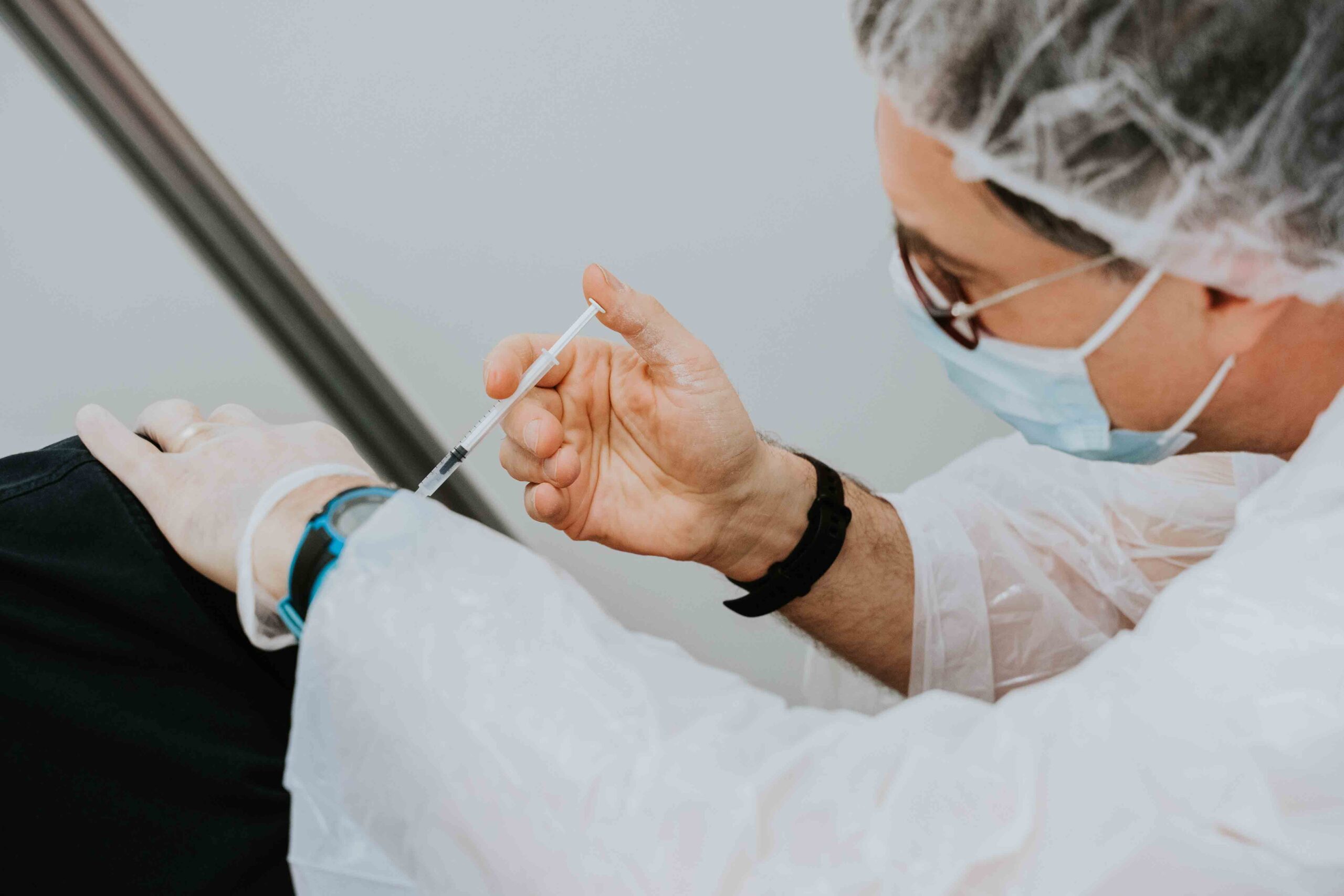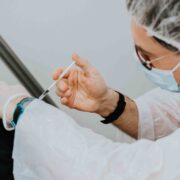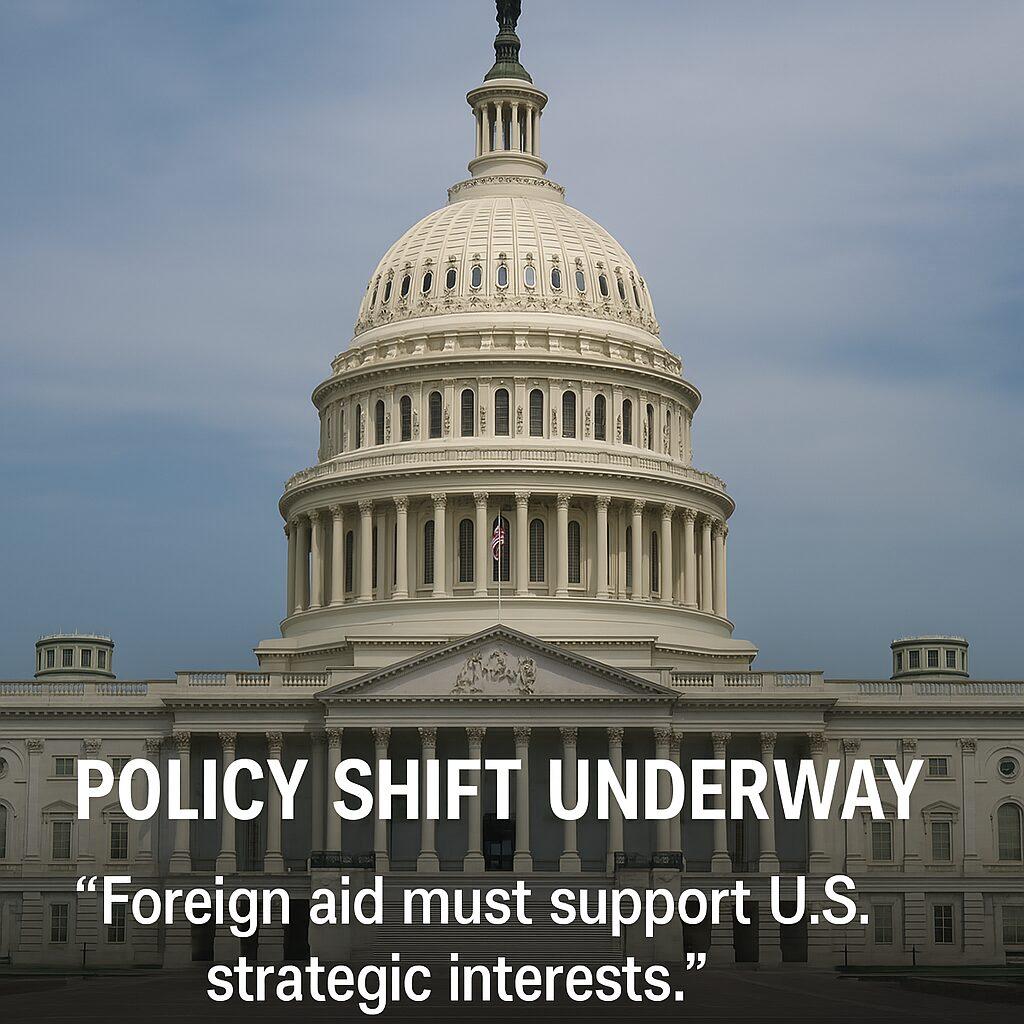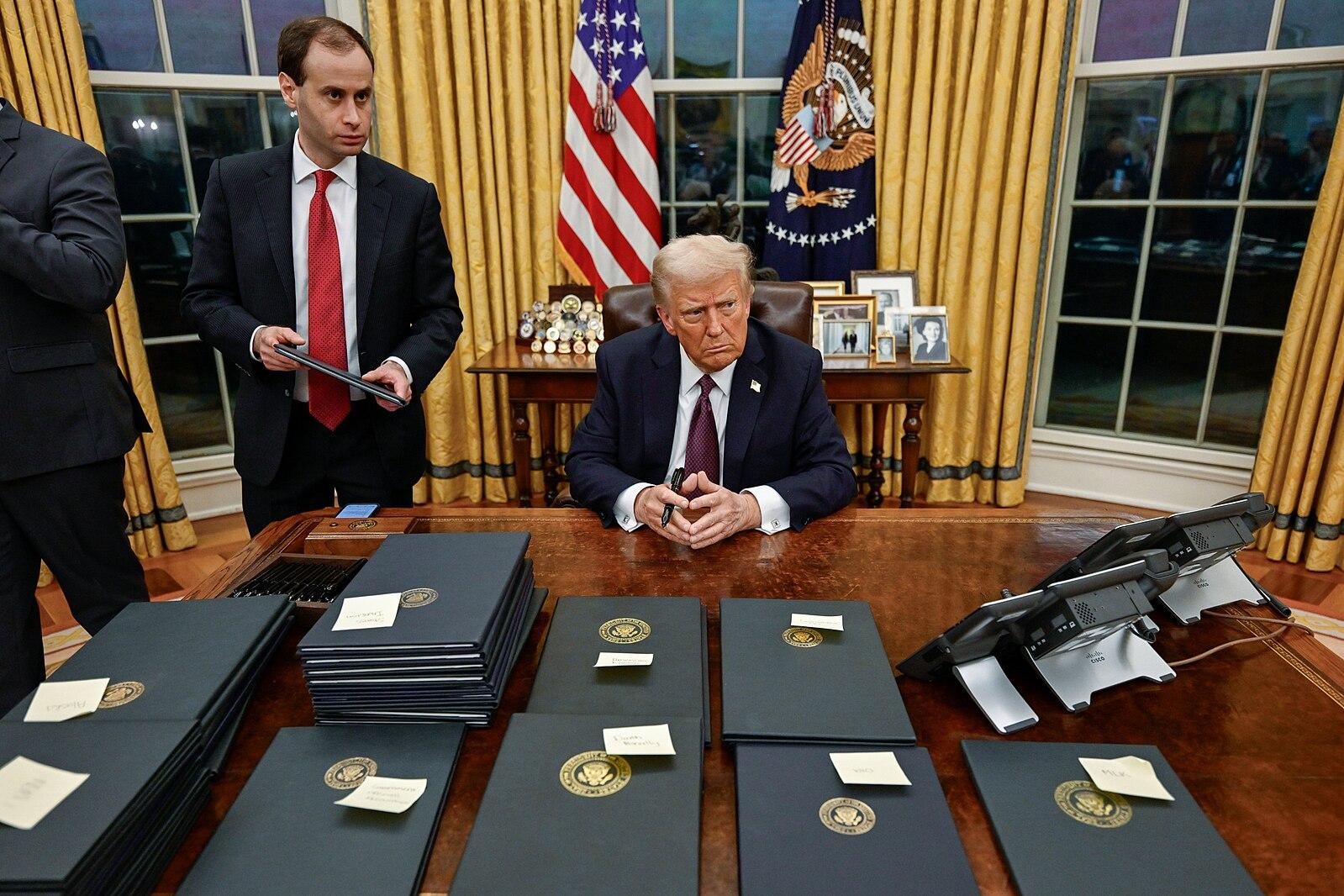
CA, LA County begin accepting vaccination appointments for kids in this age group
THE U.S. Food and Drug Administration (FDA) on Monday, May 10 announced that it amended its emergency use authorization for the Pfizer coronavirus vaccine to include teens between the ages of 12 and 15, clearing the way for the 17 million people in this age group to get their shots nationwide.
Two days after the FDA’s announcement, an advisory panel from the Centers for Disease Control and Prevention (CDC) unanimously voted in favor of recommending the Pfizer vaccine for use within the age group.
“CDC now recommends that this vaccine be used among this population, and providers may begin vaccinating them right away,” Dr. Rochelle Walensky, director of the CDC, said in a statement following the advisory’s vote.
The Pfizer shots will be administered to this newly eligible age group as they are to adults: two doses given three weeks apart.
According to the American Academy of Pediatrics, COVID-19 has not affected adolescents as severely as adults. As of Thursday, May 13, more than 3.8 million cases of COVID-19 have been reported in children, which represents about 14% of total cases in the U.S.
In California, state officials are already planning on acting on the CDC’s recommendation and have opened vaccine eligibility for people aged 12 to 15. The state sees the expanded eligibility as a benefit to the target statewide reopening date of June 15, when California is set to abandon the color-coded tier system.
“The exciting benefit as we begin to return to more normal activities — whether that’s going to school in person or spending time with friends — we remember that young people have shouldered a significant burden,” Dr. Mark Ghaly, secretary of California Health and Human Services Agency, said in a press conference on Tuesday, May 11.
“Throughout COVID many of these young people have been denied certain activities, certain milestones, certain important events, shouldering additional degrees of anxiety and depression and other mental health and behavioral health impacts. The fact that we can now provide a certain degree of confidence and protection to those young people to start to resume activities [is] a tremendous opportunity for that group to sort of experience that sense of normalcy that they have been missing.”
This week, the state has already begun accepting appointments for this newly eligible age group, members of whom can sign up for appointments on the state’s MyTurn website.
“We’re working with a number of places where young people frequent, whether it’s schools [and] pediatric and family practice clinics to make sure that they are well-poised to begin delivering vaccines as soon as possible,” Ghaly added.
When it comes to vaccinations — which are always free for all Californians regardless of insurance and immigration status — side effects are normal, but among younger groups of people, the more severe side effects are generally more rare.
“We still know that young people may experience some side effects and some minimal issues like fatigue, fever, headache and very typical things that we’ve seen adults experience, but the more significant side effects and consequences in this vaccine are very rare, according to those in this age group who received the vaccine during clinical trials,” Ghaly added.
Filipina American mother Rosalyn Chavez of Corona, California said that she does plan to have her 13-year-old son get vaccinated so that he can safely resume the life of a teenager.
“Throughout all this, I think that he’s been incredibly patient with all the lockdowns and stuff but I can see that his mental health has overall taken a toll, like it has for a lot of us. I want him to get vaccinated so that he can feel safer now that he’s back in school and seeing his friends,” Chavez told the Asian Journal.
“Obviously, I think the choice should be up to the parents and their kids on whether or not they should be vaccinated. It’s great that we have that option, and while I don’t think it’s absolutely necessary [to get vaccinated] for 12- to 15-year-olds, I think for some households it might make people feel more safe,” Chavez shared.
“There’s a lot of fake news out there about vaccines, but I think that it is generally very safe,” Veronica Nguyen, a Filipina American mother of a 12-year-old daughter, told the Asian Journal.
Nguyen, whose daughter is half Vietnamese, said that her daughter really wants to get the vaccine but Nguyen is hesitant — for now, at least.
“Since school is still in session, I’m still a little hesitant for her to get the vaccine and to get those nasty side effects and for her to have to miss school. I might have her get the vaccine once school is over,” Nguyen said, sharing that she has gotten her vaccine shots in April. “But the side effects themselves don’t worry me. I just don’t want her missing school.”
For 14-year-old high school freshman Danica Rosales, the decision was easy.
“I already have my vaccine appointment set up because now I am the only one in my family to not have the vaccine yet because I’m the youngest,” Rosales, who lives in Orange County, told the Asian Journal. “I think that whoever you are, if you’re eligible for the vaccine, you should get it because it doesn’t just protect you, but it protects others.”
As another teenager whose school has reopened for in-person instruction, Rosales said that while not all districts are requiring teens to get their shots (like the Los Angeles Unified School District, which announced this week that it won’t require students to be vaccinated), eligible students should anyway.
“It just makes things safer. We learn in history and in science that vaccines have helped populations and communities that have experienced major diseases,” Rosales added. “I think that it’s not very responsible [to just] go off of the assumption that all young people are immune to the disease.”
And there is some truth to Rosales’s point. Among 12- to 17-year-olds in the U.S. there has been a gradual increase in coronavirus-related hospitalizations, according to the CDC.
About 61% of those teens had at least one underlying health concern, including obesity and asthma which were two of the most common health issues among those who’ve been hospitalized.
When it comes to signing up for an appointment, anyone under the age of 18 will still need consent from their parents or guardians, Ghaly said.
“We still require young people to get consent and in this case with Covid-19, we tried to make that consent from guardians very simple and streamlined so it’s not a significant barrier,” Ghaly explained.
State epidemiologist Dr. Erica Pan added that the My Turn website for vaccine appointments allows for parents’ and guardians’ names to be added in separately and that the state is working toward more options for teens who may want to be vaccinated but whose parents/guardians are unavailable.
“There are different ways that are acceptable so that a parent doesn’t have to be present and they can just provide written consent,” Pan added.





